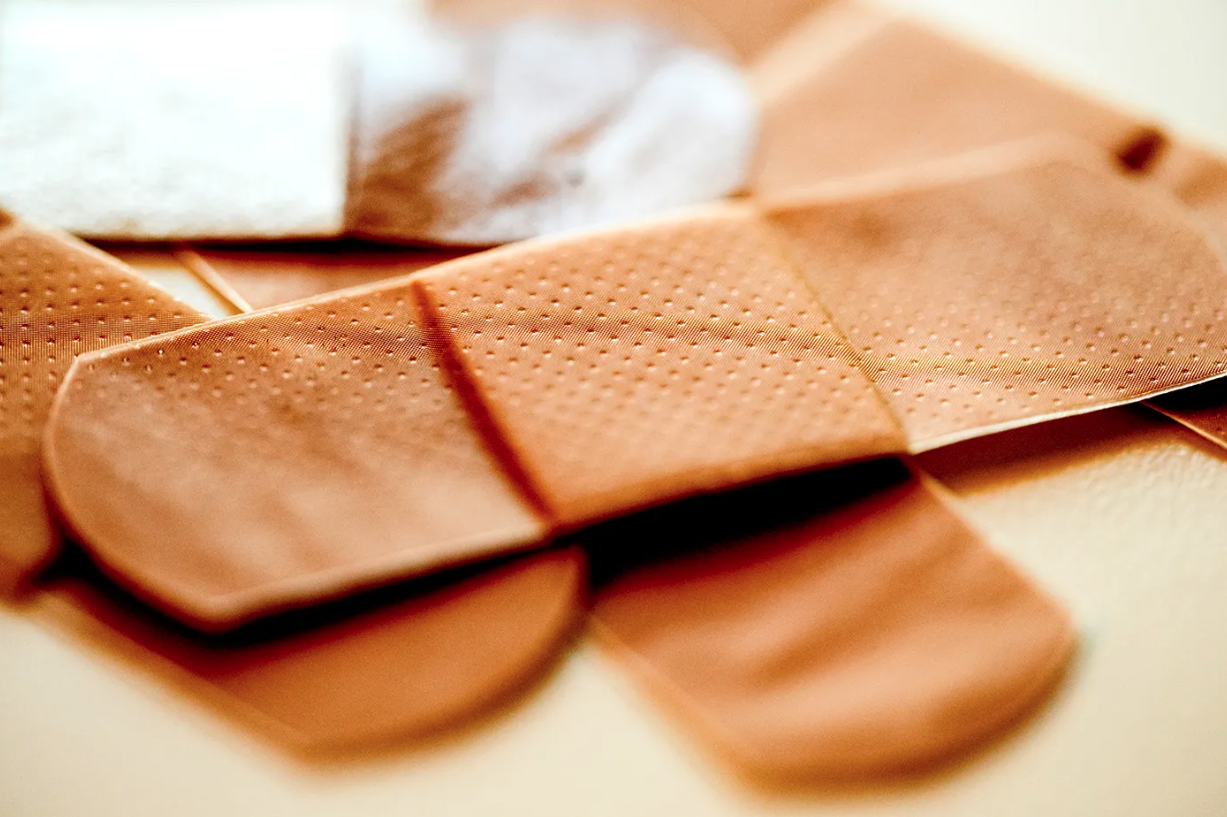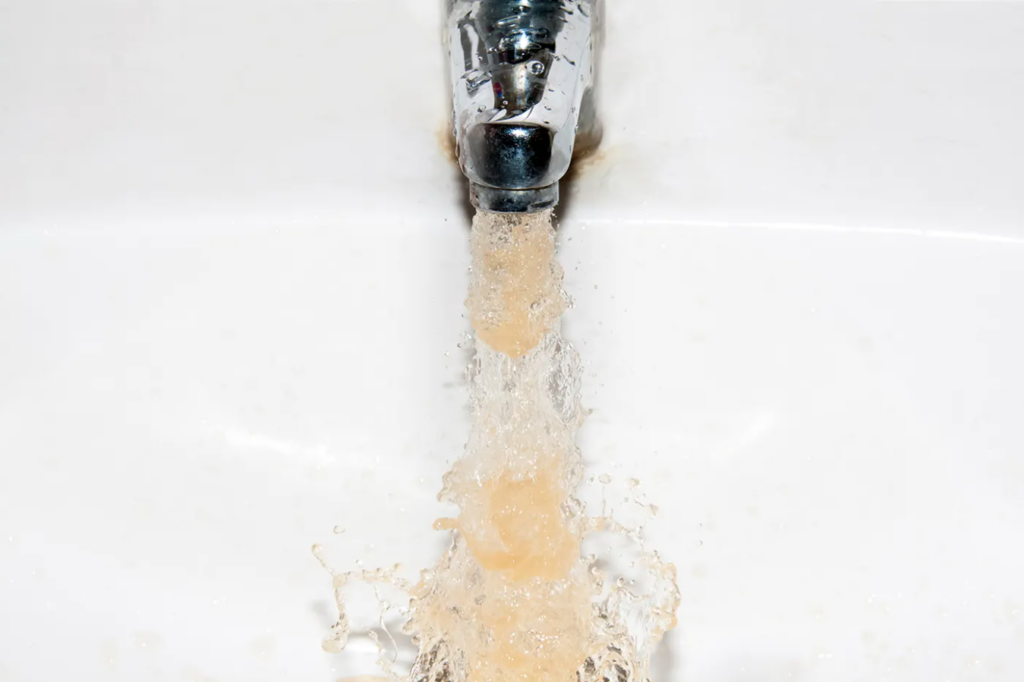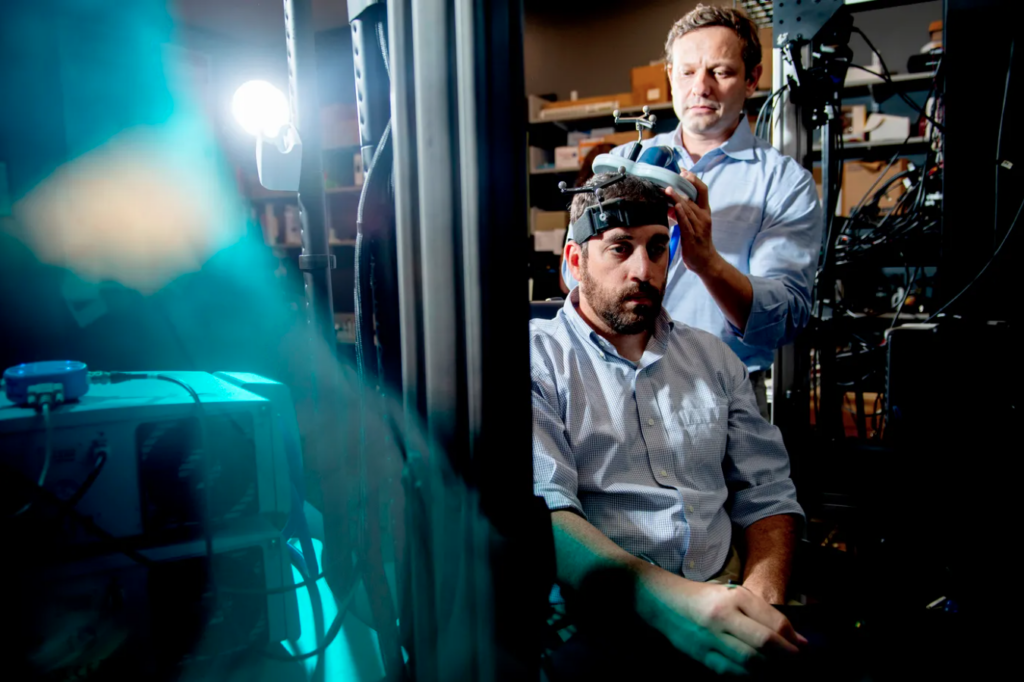By Alena Kuzub
Adhesive bandages, or Band-Aids as they are generally called after the brand produced by Johnson & Johnson, have been keeping our cuts, scrapes or blisters protected from bacteria, damage and dirt for more than a century.
But a new consumer report, commissioned by Mamavation, an online parenting community and website, has found they may not be as helpful as once thought. In fact, they might actually be harmful to our health.
Partnering with Environmental Health News, the consumer watchdog sent 40 bandages of different brands to a U.S. Environmental Protection Agency-certified lab. The lab found that 65% of the bandages contained detectable levels of synthetic “forever chemicals,” or PFAS.
Such consumer reports raise awareness that many personal care products might contain these chemicals and incentivize policymakers to come up with regulations, says Phil Brown, a Northeastern distinguished professor of sociology and health science, and director of the university’s Social Science Environmental Health Research Institute.
Continue reading at Northeastern Global News.





